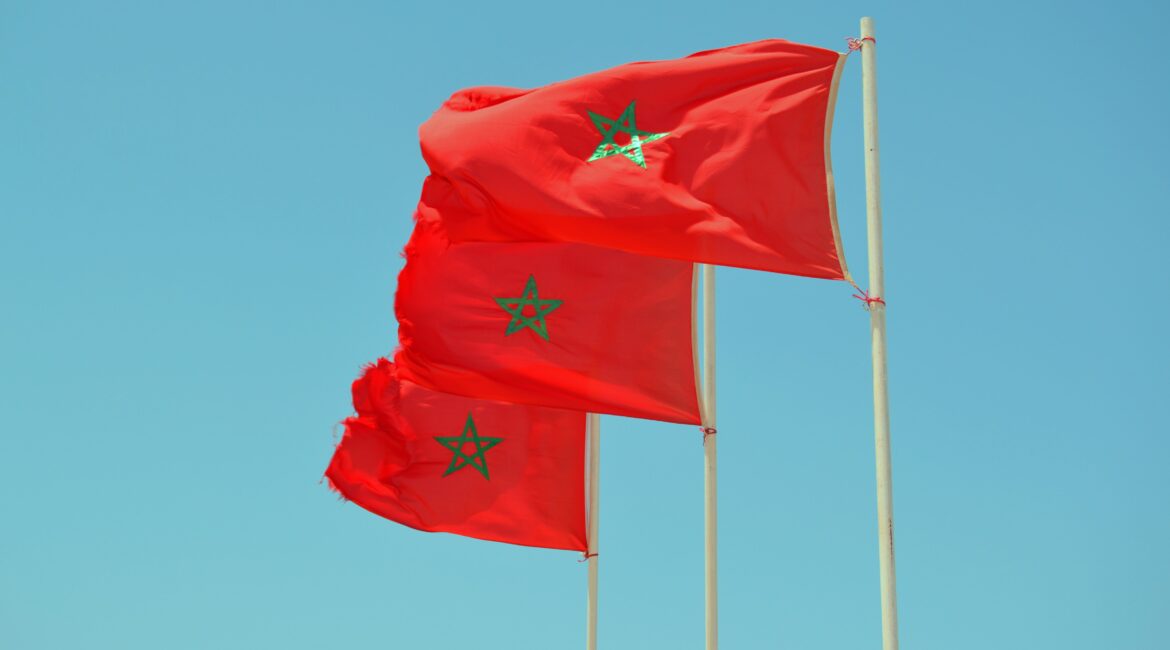Since the Egyptian people overthrew them on 30 June 2013, Muslim Brotherhood registered a train of defeats in Arab World. Recently, the Justice and Development Party's loss in the Moroccan legislative elections. Therefore, Moroccans have reaffirmed the Arab rejection of the Muslim Brotherhood which has proven its total inability to respond to the socio-political needs of the societies in which they rose to power.
Islamist movement in Egypt, Tunisia and Morocco exploited the popular belief that the Muslim Brotherhood and its affiliates possessed the long awaited solution to the problems of development that have encumbered Arab societies for decades and that previous regimes had been unable to deal with. But voters would soon discover the insincerity of its political pledges and promises. Once in power, the Muslim Brotherhood affiliated parties showed that they had no developmental programme or future vision to offer societies yearning to catch up with the 21st century. What they had were retrograde visions stalled in the 14th century.
The true nature of Muslim Brotherhood rule in Egypt was exposed within a year. In Tunisia and Morocco the organisations' facades were able to perpetuate their deception longer because they played their cards more carefully. They had learned from the Egyptian Muslim Brotherhood's mistake of believing that it would stay in power for ever. insulating his executive decisions from any legal oversight were a bid towards this end, one that did not stir a Western outcry against a Muslim Brotherhood "blow to democracy." The Egyptian people delivered their answer to president Morsi's November 2012 decrees in one of the largest popular demonstrations in world history. The organisation's political facades in Tunisia and Morocco saw it as their duty to salvage the movement. But in those countries, too, the people eventually woke up to the deception and delivered their answers in the street in Tunisia and in the ballot box in Morocco. With these answers, the Arab peoples have shown that their position on the Muslim Brotherhood and its affiliates is one and that the fate of this organisation in Egypt was just the prelude.
The results of the polls in Morocco, where municipal and legislative elections were held at the same time, are a gauge of the magnitude of the Islamist movement's failure. The Justice and Development Party (PJD), which had held 125 seats in the 395 seat parliament, won only 13 seats, a net loss of 112 seats. Moroccan voters had sent it to the bottom of the pile along with the usual marginal parties that, together, won another 10 seats. The opposition ascended to the lead, with the National Rally of Independents (NRI) winning 102 seats, the Authenticity and Modernity Party (PAM) 87 and the Istiqlal Party 81.
It appears that voters were so dissatisfied with the PJD's performance that they not only wanted it out of power, but they wanted revenge. PJD Chairman Saadeddine Othmani, the outgoing prime minister, received the message and resigned from his party's secretariat. There was a 50 percent turnout for the polls, up seven percent from the 2016 parliamentary elections despite Covid-19 related circumstances. According to the Moroccan Interior Ministry figures, in the southern regions, where the Islamist parties are believed to be more popular than in the north, the turnout was around 66 percent. The voters' retaliation against the party extended to its traditional strongholds.
Following Othmani's resignation, King Mohammed VI charged the liberal oriented RNI Chairman Aziz Akhannouch with forming a new government, bringing to an end ten years of PJD governments.
Muslim Brotherhood defeated in Morocco

